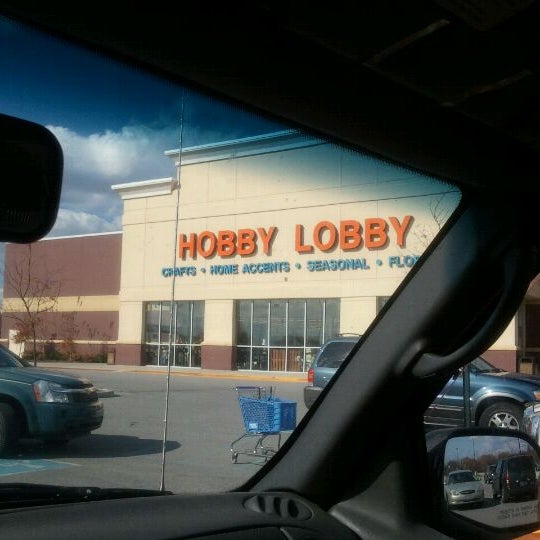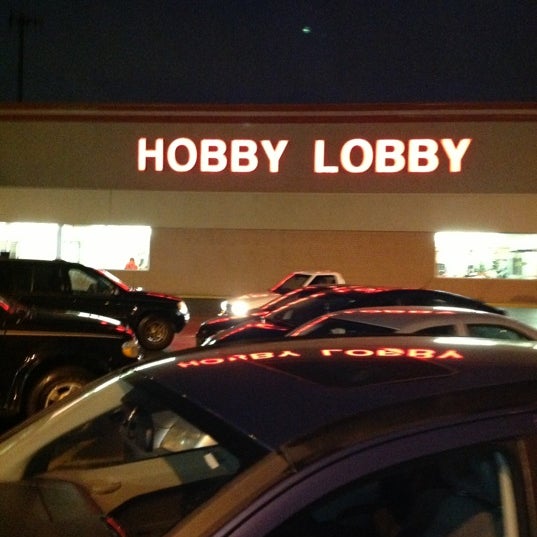


RFRA is applied to specific laws and facts to make sure that laws of general application do not do more harm to the free exercise of religion than is necessary to implement the law. Had the government demonstrated that it could not accommodate Hobby Lobby (and like-minded individuals) and still implement the contraceptive mandate, it would have won its case 9-0, and Hobby Lobby would have been out of luck, its owners' sincere beliefs notwithstanding. Again: the government lost its case because the majority concluded that there were less restrictive ways for the government to accomplish its goal of providing wider contraceptive coverage, that is, the government could have reached the same outcome without infringing on the sincerely held religious beliefs of Hobby Lobby's owners. Just because in the case of Hobby Lobby there was a less restrictive means of accomplishing the government's goal does not mean that laws will always fail the "less restrictive means" test.A lot of commentary misses this point entirely. The same questions would be asked with regard to the statutes covering antidepressants, vaccinations, etc., Maybe the laws survive RFRA analysis, maybe they don't. After resolving that issue, the case was over, and the Court could not then say "and for good measure, let's also talk about blood transfusions, vaccinations, the situation in Syria, etc." So Justice Ginsburg's point is more for talking heads than for legal practitioners: the Court couldn't reach issues like blood transfusions even if it wanted to.If a Jehovah's Witness brought a suit objecting to having to provide insurance for blood transfusions, the analysis would be exactly the same as in Hobby Lobby: does the neutral law concerning blood transfusions meet the standards of RFRA? That is, (1) does the law serve a compelling state interest, and (2) is it tailored in the "least restrictive means" possible respecting religion? Hobby Lobby assumed the first prong, and was decided against the government on the second prong, since the government plainly had alternative approaches that could have provided coverage without violating the sincerely held religious beliefs of the company's owners. The sole issue before the Court in Hobby Lobby was whether the contraceptive mandate, as written, was prohibited under the Religious Freedom Restoration Act (RFRA). As a legal matter, federal courts, including the Supreme Court, may not issue "advisory opinions," which are opinions on issues not before the Court. There are two responses here, legal and practical.


 0 kommentar(er)
0 kommentar(er)
